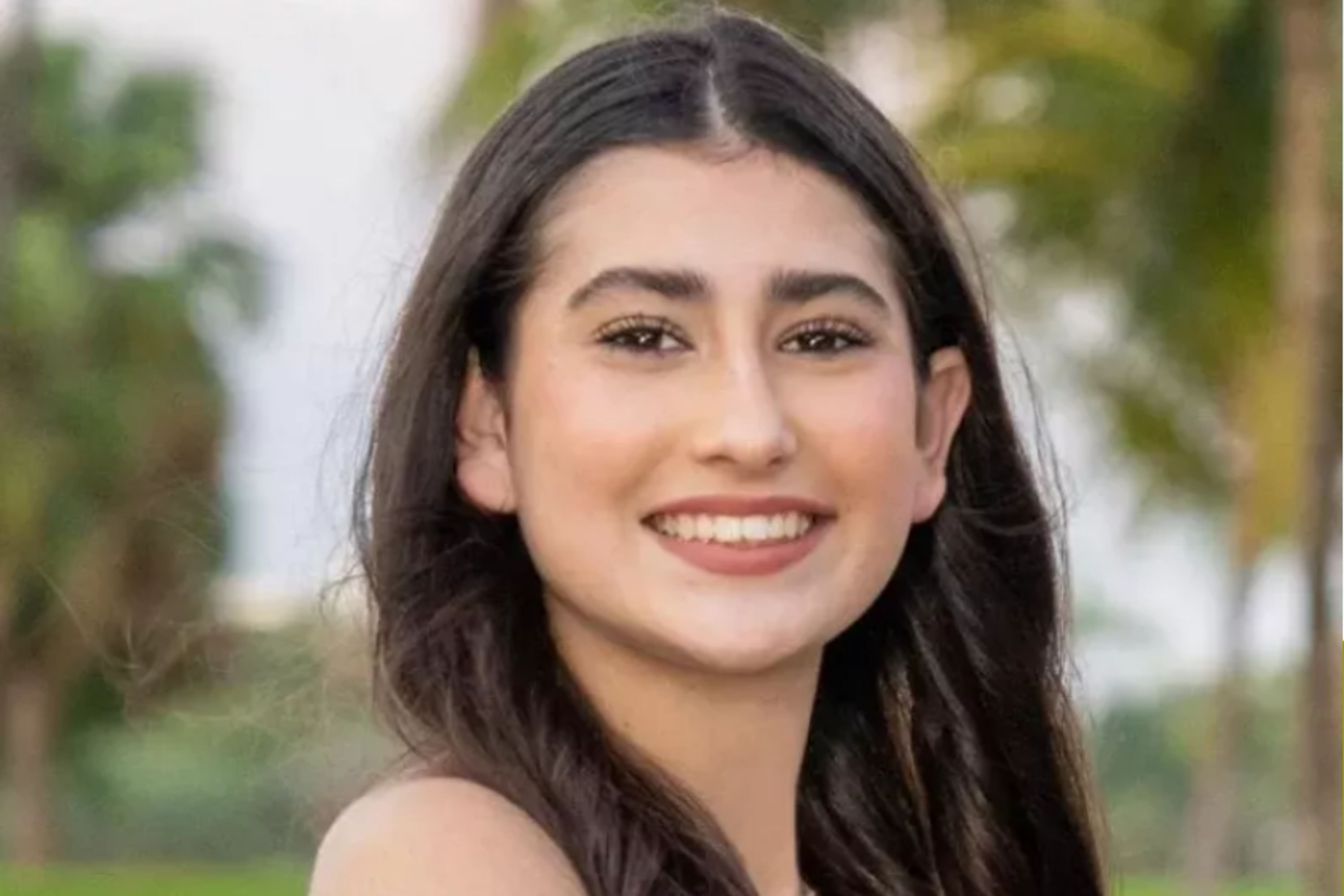The Florida Supreme Court sided with abortion-rights advocates on Monday, giving the green light for a ballot initiative to move forward that, if passed, would amend the state's constitution to protect abortion access.
The 4-3 ruling, however, split appointees of Governor Ron DeSantis. Two justices appointed by DeSantis—Chief Justice Carlos Muñiz and Justice John Couriel—sided with the majority, which wrote in its opinion that the proposed ballot measure complied with state law. Three of DeSantis' appointees dissented.
The Context
The initiative, backed by a coalition of reproductive-rights groups, seeks to enshrine abortion protections into Florida's constitution and allow the procedure to remain available until the fetus can generally survive outside the uterus, a stage reached at around 24 weeks of pregnancy.

Monday's decision by Florida's high court also upheld the state's abortion law, which bans the procedure after 15 weeks of pregnancy. The decision allows a six-week abortion ban, which was signed by DeSantis last year, to take effect next month.
If the ballot initiative passes with 60 percent of the vote in November, however, both the 15-week and six-week bans would be overturned.
What We Know
Muñiz wrote in the majority opinion on Monday that the decision to allow the measure to head to the ballot in November was based on the "constitutional principle that 'all political power is inherent in the people.'"
"The proposed amendment would constitutionalize restrictions on the people's authority to use law to protect an entire class of human beings from private harm," the chief justice wrote. "It would cast into doubt the people's authority even to enact protections that are prudent, compassionate, and mindful of the complexities involved."
"Under our system of government, it is up to the voters—not this Court—to decide whether such a rule is consistent with the deepest commitments of our political community," he added.
Views
Dissenting justices argued that the language of the proposed amendment was not explicit enough to appear on November's ballot. Justice Jamie Grosshans, appointed to the bench by DeSantis in 2020, wrote in her opinion that while Floridians "have the right to amend their constitution ... there are constitutional and statutory requirements that must be satisfied in order for an amendment to reach the ballot."
"Holding a sponsor to those requirements is far from what the majority characterizes as a 'stranglehold on the amendment process,'" she continued. "Consequently, I find the ballot summary conclusively defective for failing to inform the voter of the material legal effects of the amendment, including the substantial effect this amendment could have on article I, section 2 of our constitution."
Monday's decision elicited mixed reactions from abortion-rights groups, including Reproductive Free for All, which said in a statement shared with Newsweek that Florida's Supreme Court "was right to let the ballot initiative go before voters—and it's a good thing they did because voters will need to head to the polls to undo the damage the court is causing with its decision to allow an extreme ban on abortion to go into effect."
"This is devastating news for access to abortion care in the state and the entire South," Mini Timmaraju, president of Reproductive Freedom for All, said in the statement. "It has never been more essential that the right to abortion be enshrined in the state constitution to protect access for Floridians and that we elect federal champions to protect the right to abortion at the national level."
Newsweek reached out to DeSantis' office via email for comment on Monday.
What's Next?
The proposed amendment will be put in the hands of Florida voters in the November election. Abortion rights have become a winning issue for Democrats in light of the U.S. Supreme Court overturning Roe v. Wade protections for women in June 2022. Maryland and New York also have reproductive-rights measures on the November ballot while advocates continue pushing for their inclusion across several more states.
Update 04/01/24, 5:50 p.m. ET: This article has been updated with additional information and background.
Uncommon Knowledge
Newsweek is committed to challenging conventional wisdom and finding connections in the search for common ground.
Newsweek is committed to challenging conventional wisdom and finding connections in the search for common ground.
fairness meter
To Rate This Article
About the writer
Kaitlin Lewis is a Newsweek reporter on the Night Team based in Boston, Massachusetts. Her focus is reporting on national ... Read more





